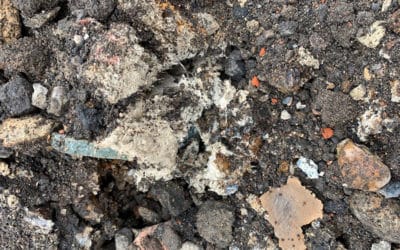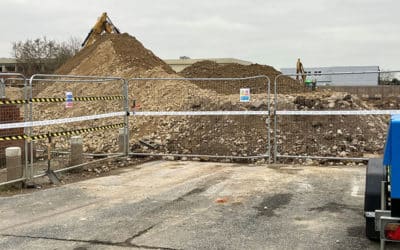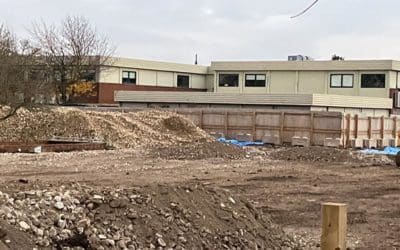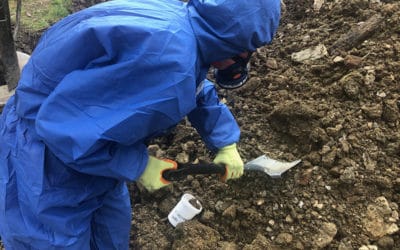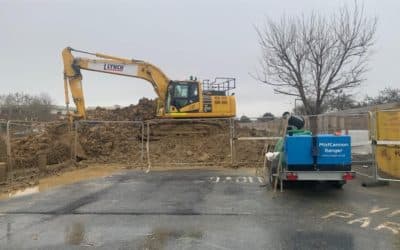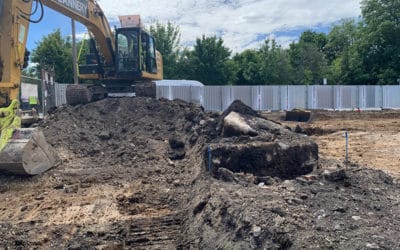Discover why burying asbestos on your land is dangerous. Learn about the severe health risks, legal consequences, and property devaluation associated with improper asbestos disposal. Protect yourself and others by understanding the guidelines and regulations for asbestos disposal.
Asbestos Guides & Information
Find out more about asbestos related issues, tips and adviceLearning Centre Guides: Contaminated Land
What is CL:AIRE in relation to asbestos-contaminated land?
If you suspect that asbestos is present in land or soil for which you are responsible, it is crucial that you take careful and well-informed decisions in order to minimise risk. In this regard, a protocol known as Contaminated Land: Applications in Real Environments, or CL:AIRE, may be of relevance to your decision-making. But what exactly is CL:AIRE, and what is its applicability to situations involving asbestos-contaminated land?
What should I do if I find asbestos in land or soil?
Discover the hidden danger lurking beneath the ground: asbestos in soil and land. Learn how to spot asbestos-containing materials and why seeking professional advice is critical. This informative guide will help you take the necessary precautions to avoid the dangers of asbestos.
What is WAC Testing?
Waste Acceptance Criteria (WAC) decides the safest place to dispose of certain types of waste. WAC began as part of the UK government’s effort to lower the dependency on landfills while minimising the impact landfills make on both the environment and people’s health. Find out what WAC testing is and why it is needed.
What are the risks of asbestos-contaminated land?
The term “asbestos-contaminated land” refers to the phenomenon of asbestos-containing materials (ACMs) being present in the ground in some form. This contamination from this hazardous subsctance can take a range of forms. Find out what the risks are of asbestos-contaminated land.
Asbestos in Soil: Guide to Working with Asbestos Contaminated Land and Construction Waste
Asbestos-contaminated land and soil can pose risks to health and the environment. Learn how to manage it safely.

